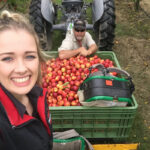The seaweed industry in Australia, which is forecasted to be a 10 million dollar industry…
Shearer shortage brings experts together
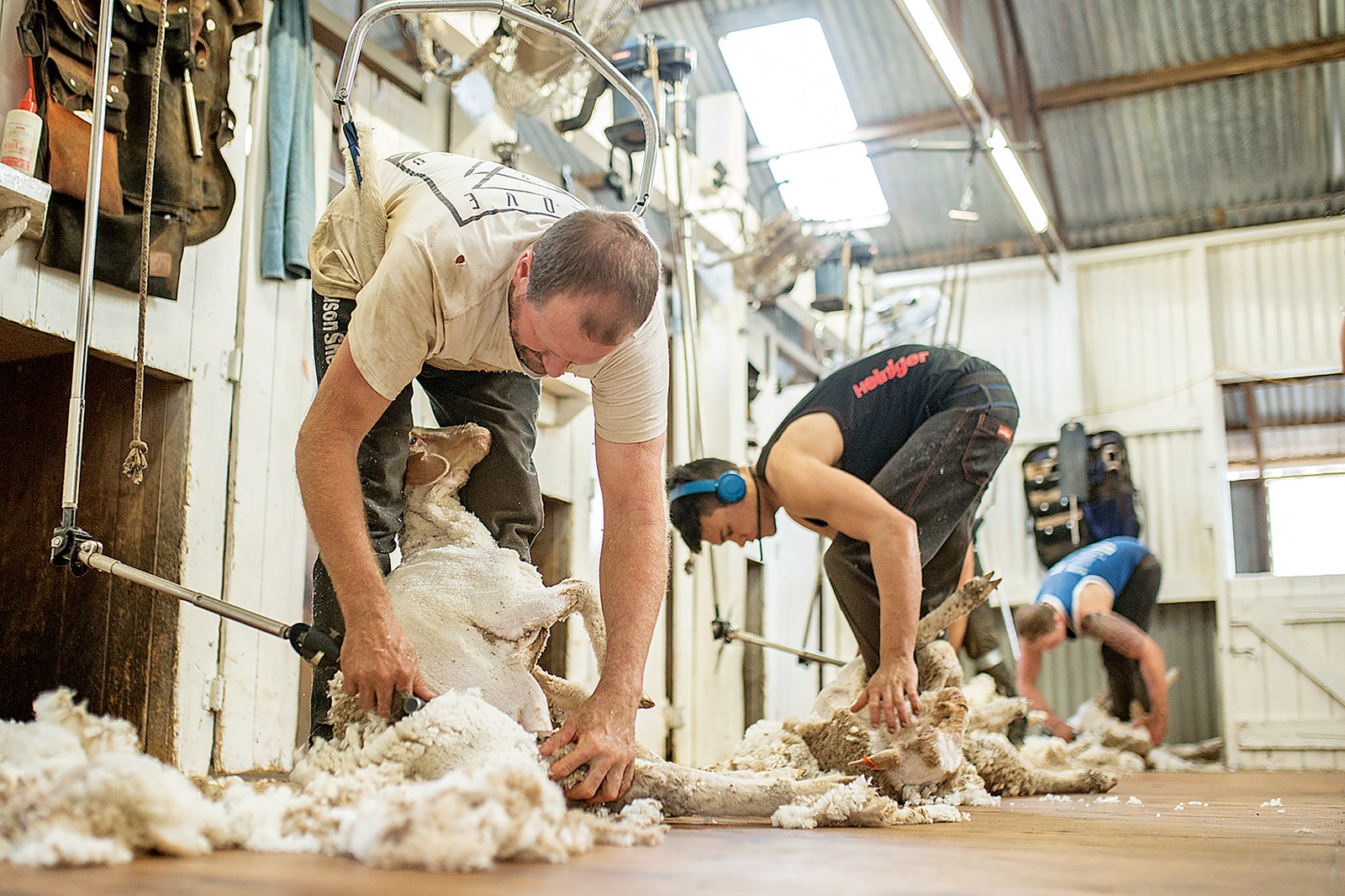
Numbers of Australian-based shearers have dwindled 30 per cent in the last decade, partly due to the drought, the pull of the mining sector and the steady supply of New Zealand shearers happily crossing the ditch for work.
But with New Zealand�s 2018 award pay rise and COVID-19 restricting arrivals, the shearer shortage issue has been exacerbated, sparking a price war as shearing contractors pay above award rates to meet the needs of desperate farmers.
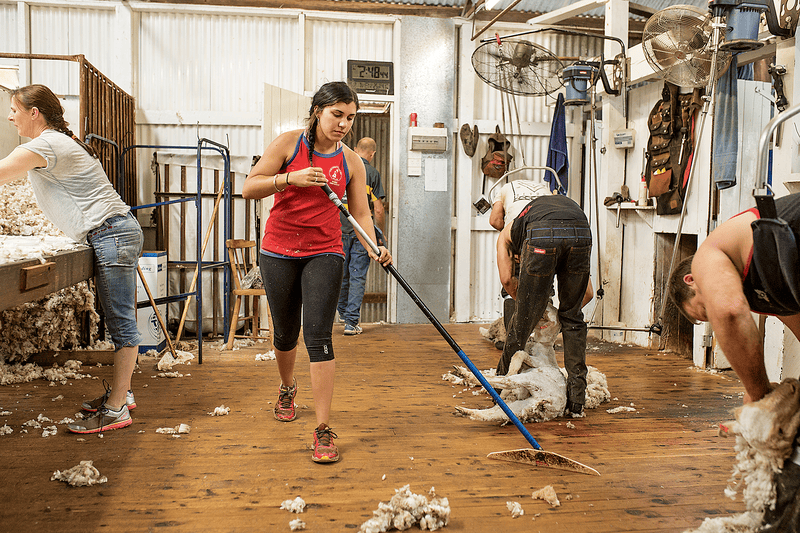
NSW Farmers Wool Committee Chair Helen Carrigan says there is no overnight answer to the problem but says it is clear the sector must work together to create a plan to avoid future shortages.
�Yes, we definitely have a shearer shortage but there is not going to be a quick fix,� Helen told The Muster. �Maybe in some kind of way this is a good thing, maybe it is the crisis that the industry needed so it would start to look at how to best support this industry and make sure it works.�
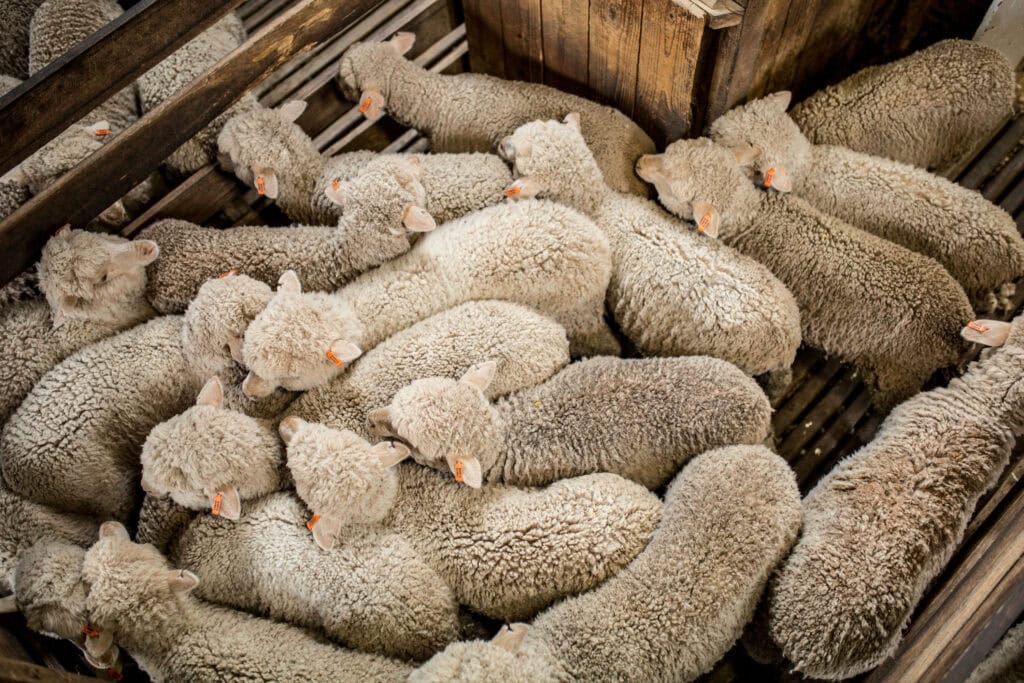
Shearer shortage leads to industry collaboration
NSW Farmers is currently investigating the possibility of establishing a NSW Wool Technical Advisory Group (TAG) in conjunction with other industry groups, including Australian Wool Innovation (AWI).
�For us at the NSW Farmers Wool Committee, the discussion right now is to investigate the idea of a NSW Wool Technical Advisory Group to coordinate training bodies,� Ms Carrigan said.
�There is a well-established one in South Australia, so we are looking at how that works and see what can be modelled off that.�
Ms Carrigan said the issues around poor shearer retention must be examined, as well as the reasons why many learner shearers come into the industry, only to leave a short time later.
Elevating shearing to a trade
Having shearing recognised as a formal trade is also something that NSW Farmers is pushing for, even if this means taking a flexible approach to the traditional apprenticeship model so that it can better suit shearing.
�It takes a couple of years for a learner shearer to actually be shearing well so everything is going to take time, but if it was a recognised trade then there would be more of an incentive from mum and dad to say, �yes you are going to get a trade�, and they will always have something to fall back on,� she said.
Want to become a shearer?
Australian Wool Innovation (AWI) works with industry and 72 accredited AWI trainers and Registered Training Organisations to deliver training nationally through workshops and in-shed training for novice, entry level or improver shearers and wool handlers.
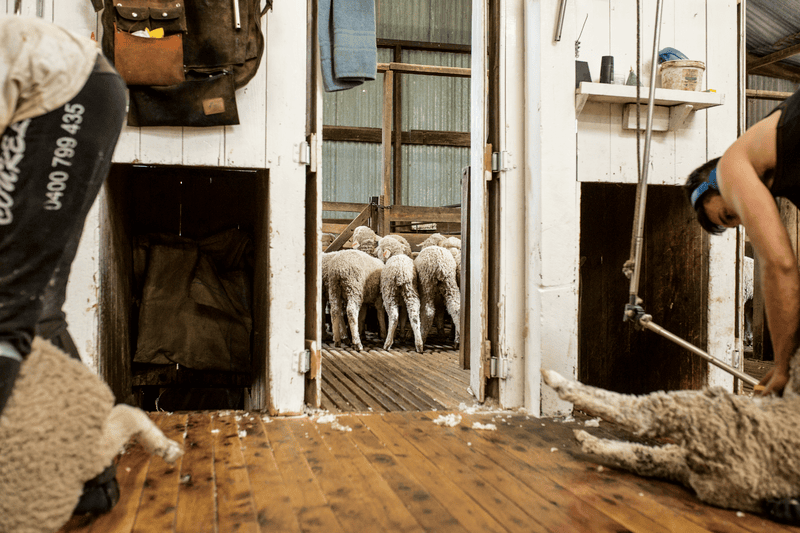
In addition to running its own courses across NSW in locations including Yass, Brewarrina and Warren, AWI is also working with TAFE NSW to help best deliver a range of courses being offered through the Dubbo and Armidale campuses.
Shearing was included on the NSW Government�s Smart and Skilled funding package and the five-day introductory TAFE course in shearing is free to anyone, of any age, who may like to give shearing a try.
AWI Program Manager � Wool Harvesting Training and Development, Craig French, says demand for the introductory course has been strong with the one scheduled for February 8 at Dubbo TAFE fully subscribed.
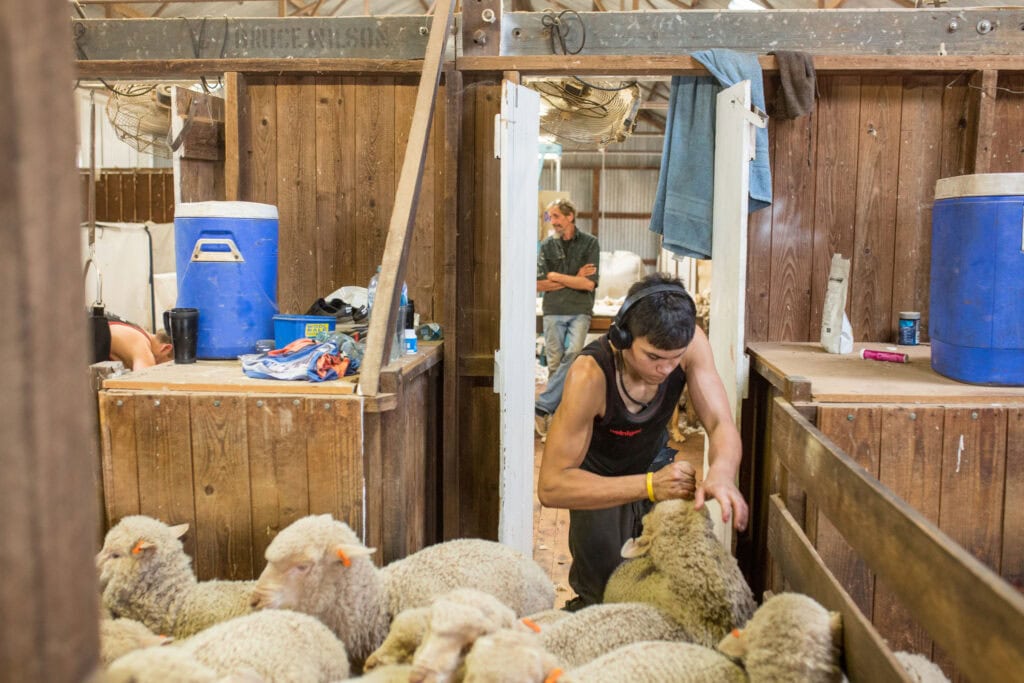
Mr French told The Muster the most likely outcome for someone who has completed the five-day introductory course is they will find work on a contracting team as a wool handler and then they can do another five-day course to be elevated to shearer level.
�We need wool handlers just as much as we need shearers,� he said.
�There are guaranteed positions available for someone who has just come straight out of school and they are looking for work.
�The opportunity is they may end up becoming good enough to come out of that introductory course as a learner shearer but more likely they would come out as a competent wool handler.�
Training in-shed also available
AWI can also send out contractor trainers to farms to help learner shearers with any issues they may be having on-the-job or woolgrowers who themselves may need assistance.
�Any woolgrowers that are shearing and require some assistance for training can also ring us, and we can come to their shed and deliver in-shed coaching,� Craig said.
�For example, I just got a phone call this morning from a contractor at Temora. They�ve got two learners and they need a hand with their shearing, so I am sending a trainer out there for two days to help. Contractors know that this is available, but a lot of wool growers are unaware.�
For more information on AWI�s shearing and wool handling courses and schools, please contact Craig French on 1800 SHEARS or go to www.wool.com/training-resources.
For more information on TAFE NSW�s shearing courses, please visit www.tafensw.edu.au.
If you liked our story on the shearing shortage, you might like our feature on the farm labour shortage.



